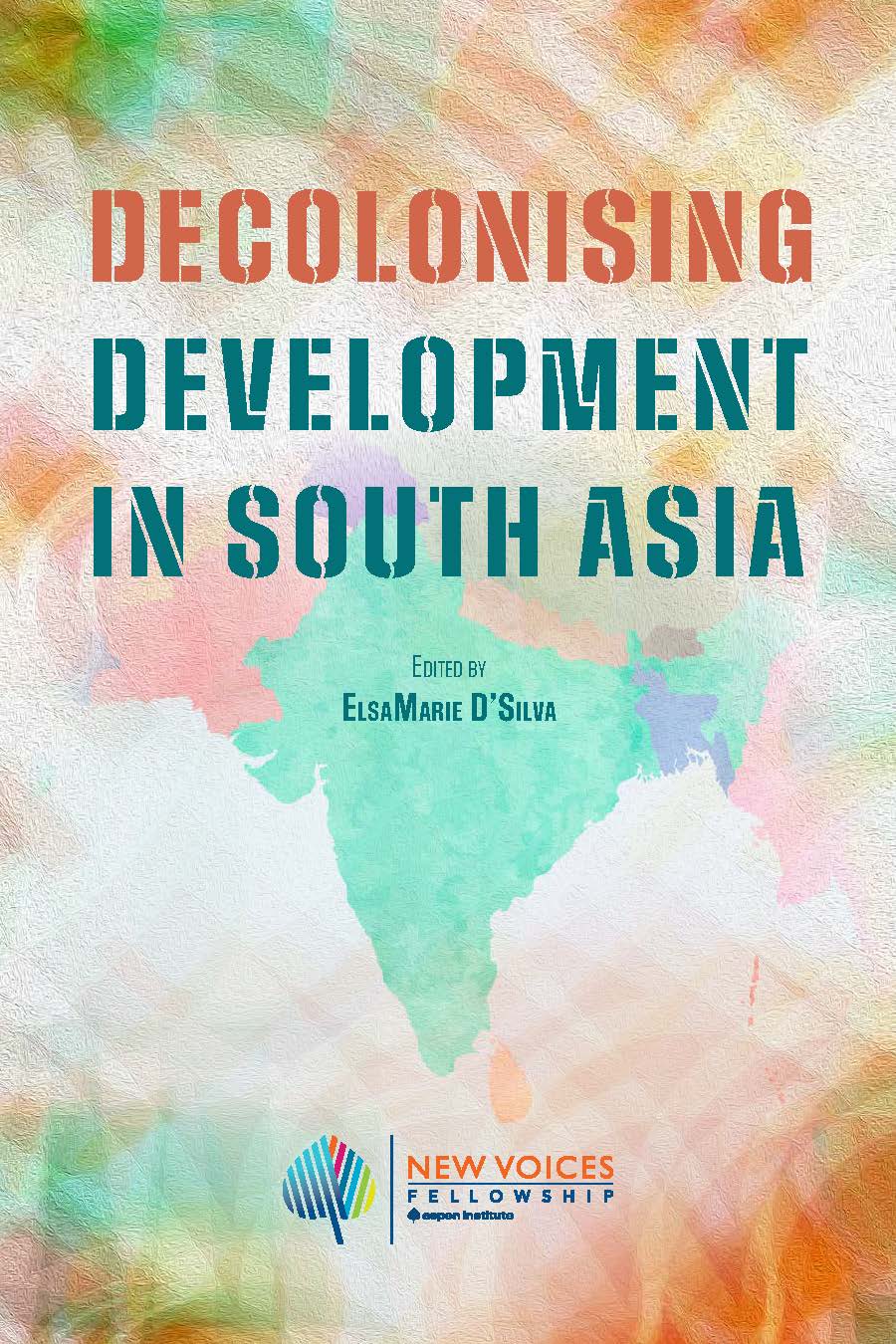As American small businesses continue to be squeezed by the fallout of the COVID-19 crisis, it is increasingly clear that the approximately $659 billion already committed by Congress won’t be enough. It is similarly unlikely that unprecedented spending by governments will be enough to turn back the tide in Europe and elsewhere. But as bad as things are for the private sector in the wealthiest nations, an even greater disaster looms over the small and growing businesses that represent the economic engine of the developing world—with no bailout in sight.
Small businesses account for the vast majority of jobs in the developing world, but it is the growth-oriented subset of these businesses that account for a disproportionate share of the net job creation and economic growth that is vital for moving these countries up the income ladder. While all types of businesses need support to withstand the social restrictions and economic fallout of the crisis, small and growing businesses that represent a particularly important target group: small enough to have relatively modest short-term capital needs, but with growth trajectories that will ultimately create the jobs and growth needed for the economic recovery. New research from the Aspen Institute and Dalberg Advisers shows just how perilous the situation is for these businesses in the developing economies of Latin America, Africa, and Asia. Organizations supporting them estimate that 42% have a very high likelihood of going under due to the crisis. While only six percent had already shut down as of early April, over two-thirds have already laid off staff and nearly half have experienced greater than 50% revenue loss.
Unlike in the US, many of these businesses are unlikely to expect more than very minimal government support. The US small business support package represents approximately $2,010 for every American, while the World Bank puts the total per capita GDP for sub-Saharan Africa at just under $1,600. These countries simply do not have anywhere near the domestic resources needed to provide adequate support to keep these businesses afloat. In the Aspen Institute research sample of growth-oriented ventures, 68% in the US had already applied for government relief, whereas only 18% in developing countries had done so, highlighting the lack of places for businesses in these countries to turn for help.
The private sector investment that these growing ventures rely upon is similarly likely to dry up or at least slow down: nearly two-thirds of members of the African Venture Capital Association anticipate needing at least an additional six months to deploy their investments as a result of COVID-19, and the start-up accelerator AfricaArena projects that funding for African startups could decrease by 40% in 2020.
The ecosystem supporting these businesses is at a similar risk right at the moment when assistance is needed most. There is significant evidence that technical support for businesses in the developing world can, when implemented effectively, be extremely effective in spurring growth. Experience in previous crises suggests that these technical assistance programs can also be instrumental in helping nascent companies weather sharp economic downturns and social unrest. The vast majority of businesses participating in a support program from the NGO Technoserve during the 2018-2019 social conflict survived, while nearly half of businesses across the country failed.
But these support providers, reliant on either fees from businesses or grants from international donors or governments, are themselves facing an existential crisis. Approximately a quarter of the capacity-building organizations in the Aspen Network of Development Entrepreneurs, a membership network of organizations supporting small and growing businesses in the developing world, face a high or existential risk of shutting down due to the crisis. Allowing these ecosystem builders to fail would prove disastrous for the long-term support networks that businesses rely on for growth; a recent report on COVID-19 and entrepreneurship from the European Commission stressed the value of the resources, information, and knowledge available in these ecosystems, stating that “It is these relationships that facilitate entrepreneurship.”
With developing country governments already stretched to their breaking point in responding to the basic needs of their citizens during the crisis, it is imperative that international institutions and donors (both public and private) step in to prevent small and growing businesses from experiencing catastrophic levels of failure. This should consist of both flexible capital – some combination of grants and patient debt – and technical assistance to use this capital to adjust operations and pivot business models to the new reality. Donors should also consider the role that capacity building organizations play in providing the knowledge and networks that are critical for the entrepreneurial ecosystems that will help these businesses thrive. These capacity builders themselves need grant funding to survive the crisis and, in particular, the unrestricted grants that are increasingly recognized as the best way to help organizations effectively respond to crises.
There is no dearth of issues in need of support right now, as COVID has touched every part of every society around the world. But as international institutions and donors consider their response, they should consider the incredible precarity currently facing small and growing businesses in the developing world. If these businesses are left to fail, these countries will be deprived of one of the most important engines that will power the global economic recovery.


